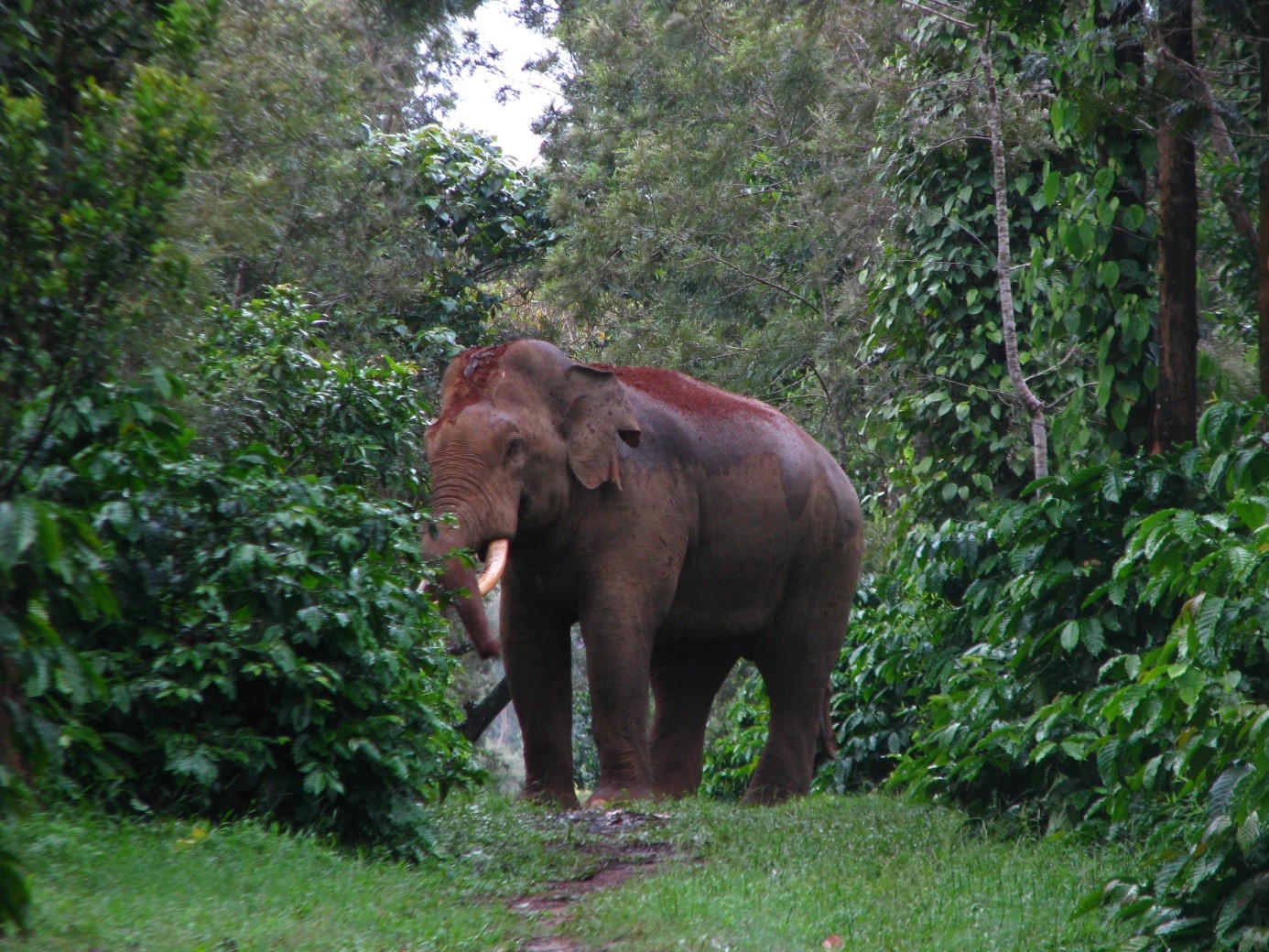
New Mission to Focus on Connecting Cyber and Physical Systems
- News
- 2K
The central government has approved a new national mission at a cost of Rs 3660 crore to support the development of technologies and applications relating to cyber-physical systems (CPS).
The mission will be implemented by the Department of Science and Technology (DST) in association with industry and in collaboration with international academic and research institutions.
It will promote basic and translational research with the objective of developing and demonstrating CPS technologies keeping in view national priorities. CPS refers to computer-based inference, decision, and control in the context of physical systems like urban water networks, power grids, and homes with a view to make them more effective or smarter.
The range of technologies under CPS includes sensors and actuators, low power electronics, energy harvesters, dense scale wireless communication and distributed in-network computing and cloud computing. Basic technologies needed to design CPS are Artificial Intelligence, Internet of Things, Machine Learning, data science and predictive analytics, deep learning, big data analytics, robotics, quantum computing, encryption, cybersecurity, GIS and block-chain technology.
The mission will be implemented through four Technology Translation Research Parks, 15 Technology Innovation Hubs and six Sectoral Application Hubs in select academic, technical and R&D institutes across the country. It will seek to promote technology development through expert-driven and consortium-based research. The mission will also develop necessary human resources through fellowships.
For promoting innovation, entrepreneurship and start-up ecosystem, grand challenges and competitions will be organized. Such competitions will identify innovations for building a pipeline for technology business incubators. Five winners will be provided grants and seed funds for prototyping.
Technology Business Incubator programme will provide a grant of up to Rs. 15 crores for a period of five years, while Dedicated Innovation Accelerators will offer a support of Rs. 1.5 crore for running accelerators with the participation of 10-15 start-ups. (India Science Wire)
By Sunderarajan Padmanabhan
If you liked this article, then please subscribe to our YouTube Channel for the latest Science & Tech news. You can also find us on Twitter & Facebook.


